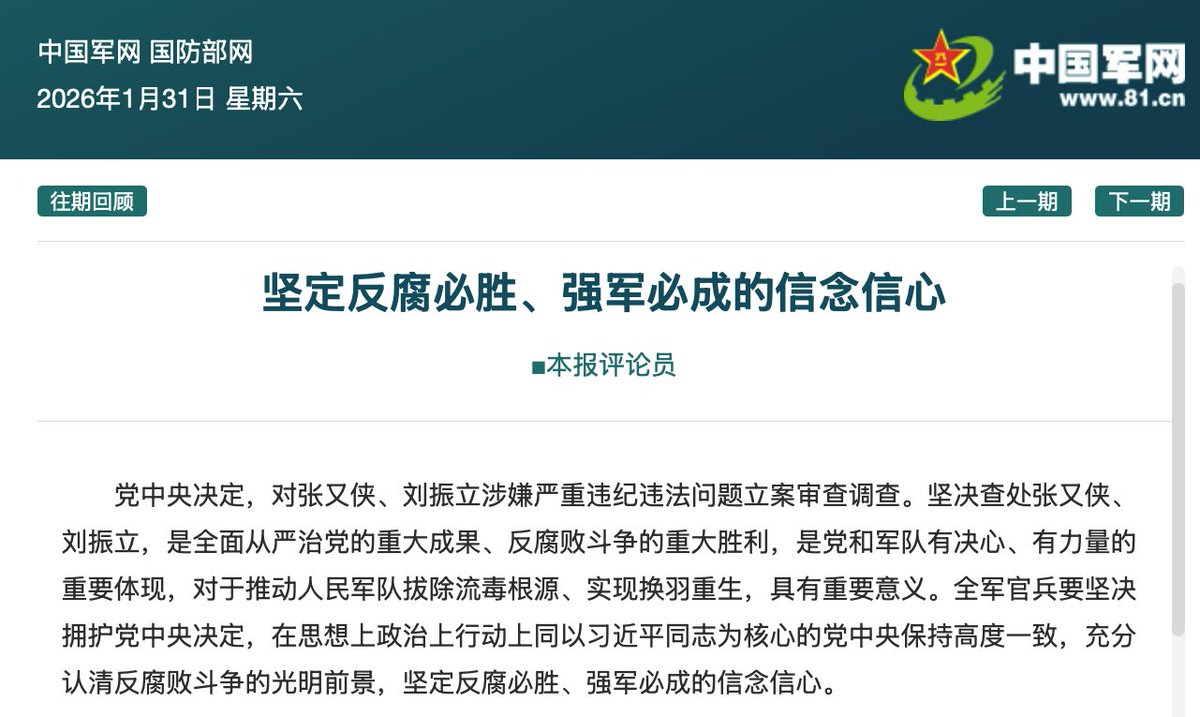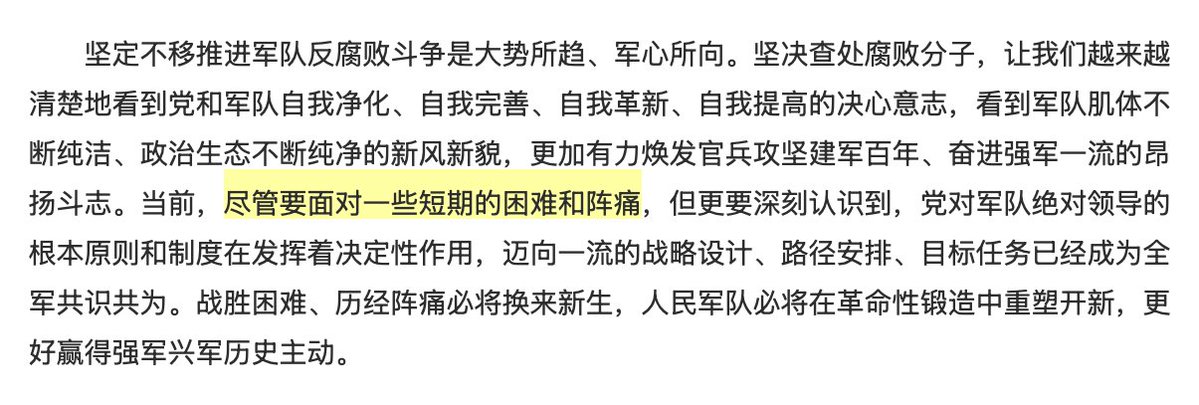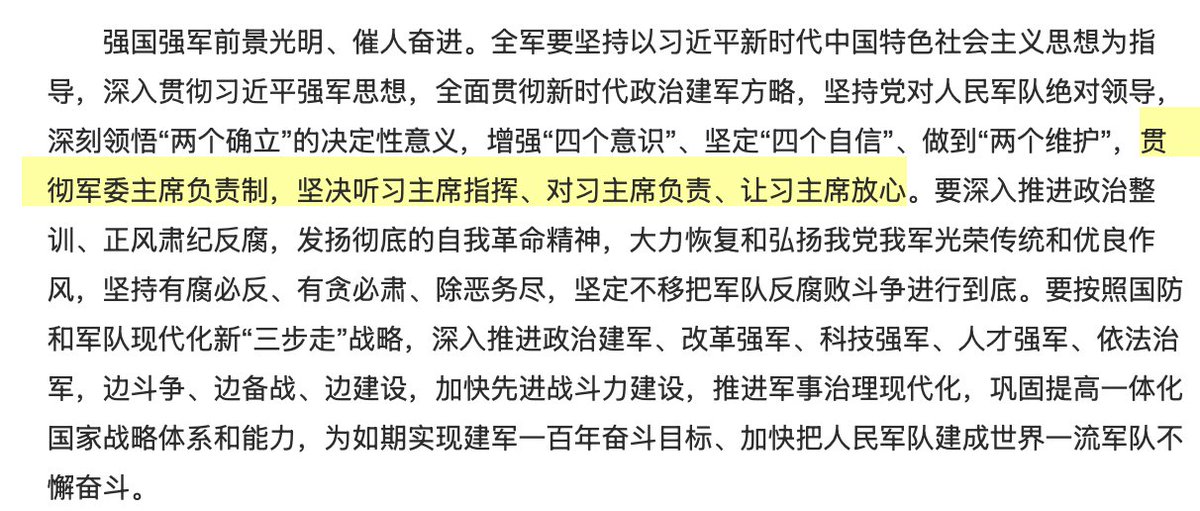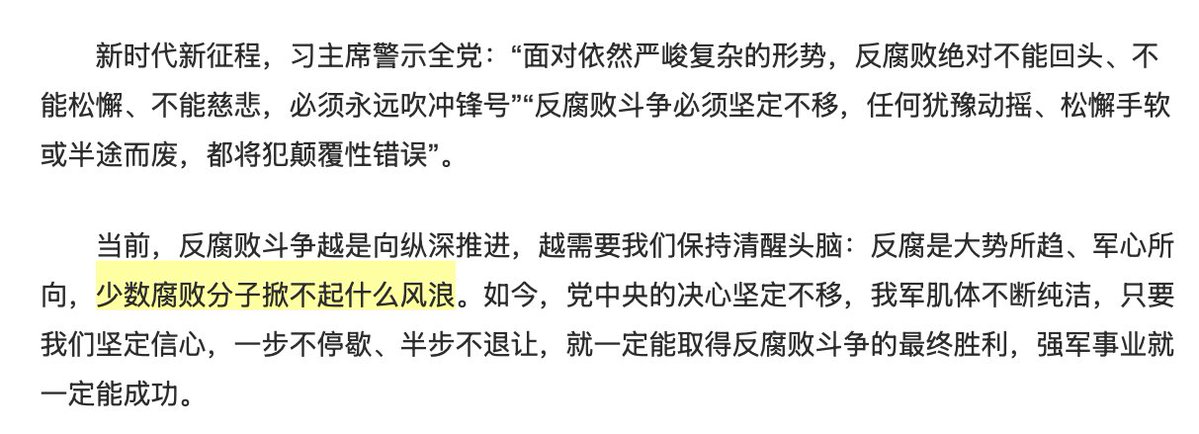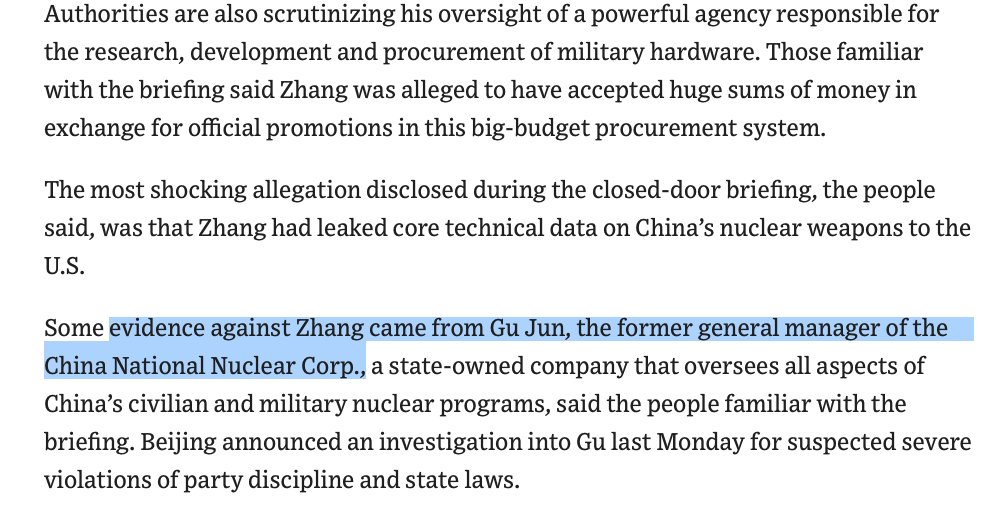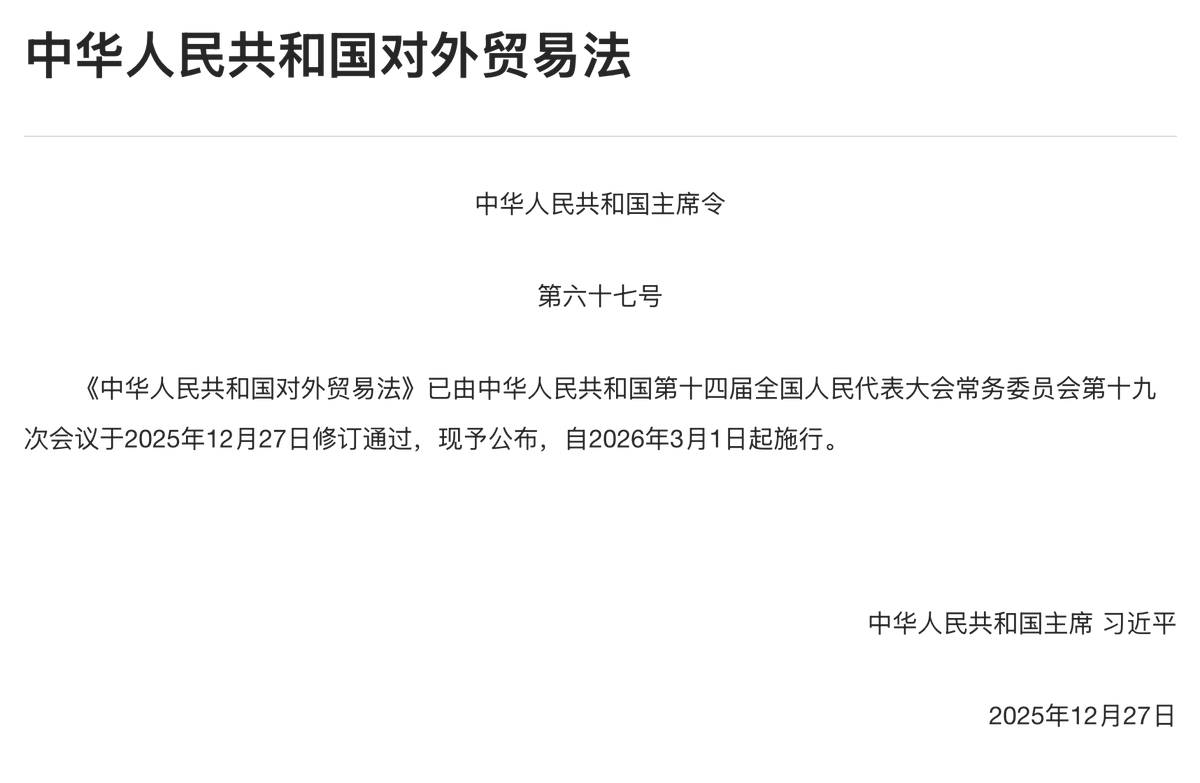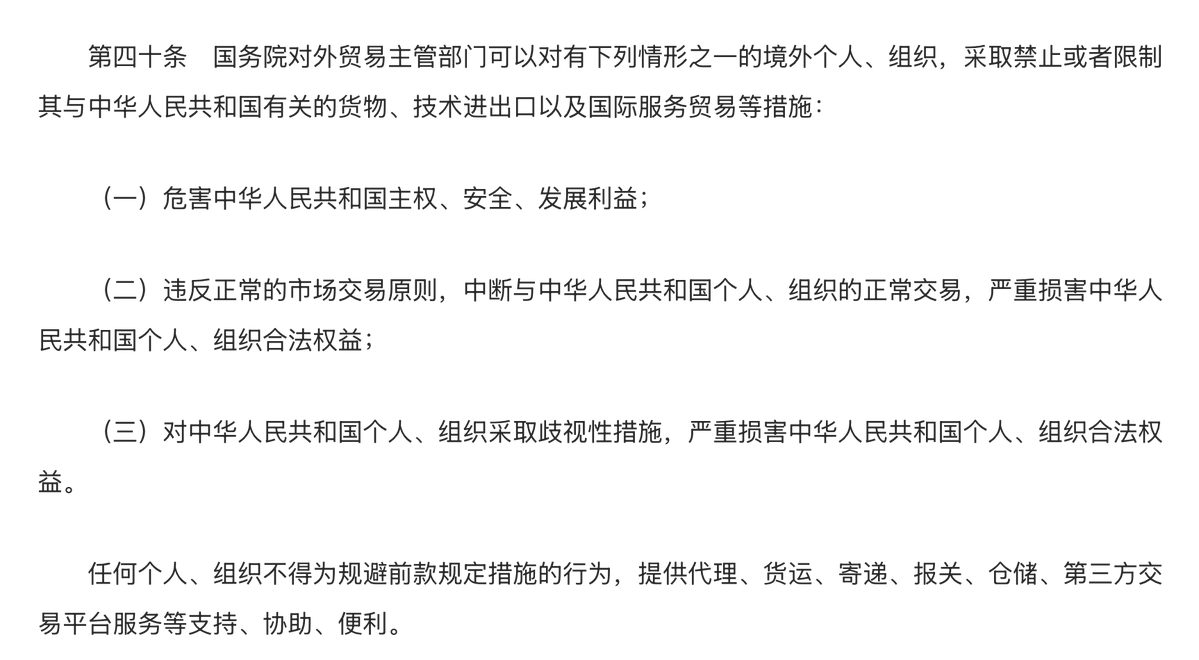New crackdown on online streamers?
CCTV News reported today two cases of tax evasion by two Chinese online streamers, who were respectively fined 65 & 27 mil RMB.
The cases are interesting for 3 reasons:
CCTV News reported today two cases of tax evasion by two Chinese online streamers, who were respectively fined 65 & 27 mil RMB.
The cases are interesting for 3 reasons:

1. They were caught by the tax authorities using "tax big data analysis" by the Hangzhou tax bureau. I guess that's one reason why big data is getting so important in China. 

2. Their alleged wrongdoings were converting what they earned in the streaming business from personal income to the business income of the sole proprietorship. I'm not a tax expert, but if I remember correctly this is a widespread practice among China's celebrities and 

is more of a grey area rather than outright illegal.
Interestingly, when in 2000 China decided to suspend corporate income tax on sole proprietorships and partnerships, and only levy individual income tax on their investors’ business income, it was hailed as a big benefit
Interestingly, when in 2000 China decided to suspend corporate income tax on sole proprietorships and partnerships, and only levy individual income tax on their investors’ business income, it was hailed as a big benefit

for entrepreneurs to encourage individual investment, fair taxation, improve the income tax system, and create favorable conditions for the development of the enterprises.
But that policy was made at a time when the corporate tax rate was higher than the individual tax rate.
But that policy was made at a time when the corporate tax rate was higher than the individual tax rate.
When the corporate tax rate was reduced in 2008, high-income individuals discovered that they can save a lot by shifting the income to sole proprietorships, as the higher brackets of personal income taxes are much higher than the corporate tax rate.
3. The two were fined 100% of the tax they evaded, even though they cooperated with the tax authorities and paid part of the tax before the investigation was concluded. 

So what's the takeaway from all these?
1. Expect more tax crackdowns coming in China as the state tries to fill its coffers amidst an economic downturn;
2. Confucius is proven right once again: "In this world, nothing is certain except death and taxes".
1. Expect more tax crackdowns coming in China as the state tries to fill its coffers amidst an economic downturn;
2. Confucius is proven right once again: "In this world, nothing is certain except death and taxes".
• • •
Missing some Tweet in this thread? You can try to
force a refresh


